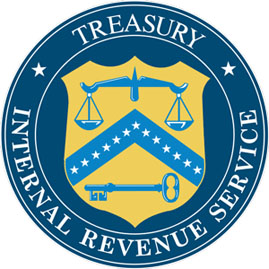 Most members of Congress keep their tax returns secret, a new article by the McClatchy news service has revealed.
Most members of Congress keep their tax returns secret, a new article by the McClatchy news service has revealed.
Mitt Romney has refused to release more than two years of his personal tax returns and has been strongly criticized by the two Democratic leaders of the Senate and the House of Representatives—but they themselves are among hundreds of senators and representatives from both parties who refused to release their tax records.
Just 17 out of the 535 members of Congress released their most recent tax forms or provided some similar documentation of their tax liabilities in response to requests from McClatchy over the last three months, the news service said.
Another 19 replied that they wouldn’t release the information, and the remainder never responded to the query.
“The widespread secrecy in one branch of the government suggests a self-imposed double standard. Yet while American politics has come to expect candidates for the presidency to release their tax returns, the president isn’t alone in having a say over the nation’s tax laws,” the article continued.
“Congress also stands to gain or lose by the very tax policies it enacts, and tax records – more than any broad financial disclosure rules now in place – offer the chance to see whether the leaders of the government stand to benefit from their own actions.”
According to Craig Holman, government affairs lobbyist for Public Citizen, a nonpartisan watchdog group, senior public officials, especially members of Congress and presidential candidates, should be required to disclose their tax returns so that the public can monitor potential conflicts of interest.
Absent tax information, members of Congress aren’t fully transparent, said Daniel Auble, who heads the personal finance project for the Center for Responsive Politics, which tracks financial disclosures by members of Congress and appointees confirmed by Congress.
“Having a clearer picture of lawmakers’ interests . . . is definitely important in making available to the public what possible influence there could be,” he said. “In terms of transparency, it would be helpful to have more information.”



